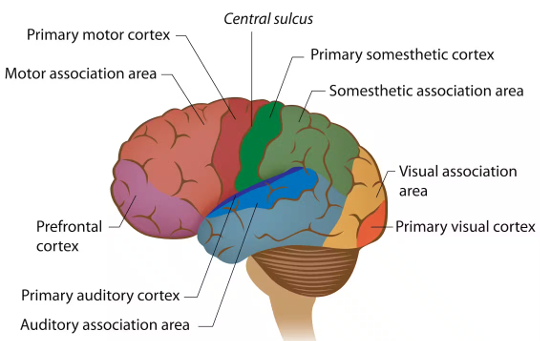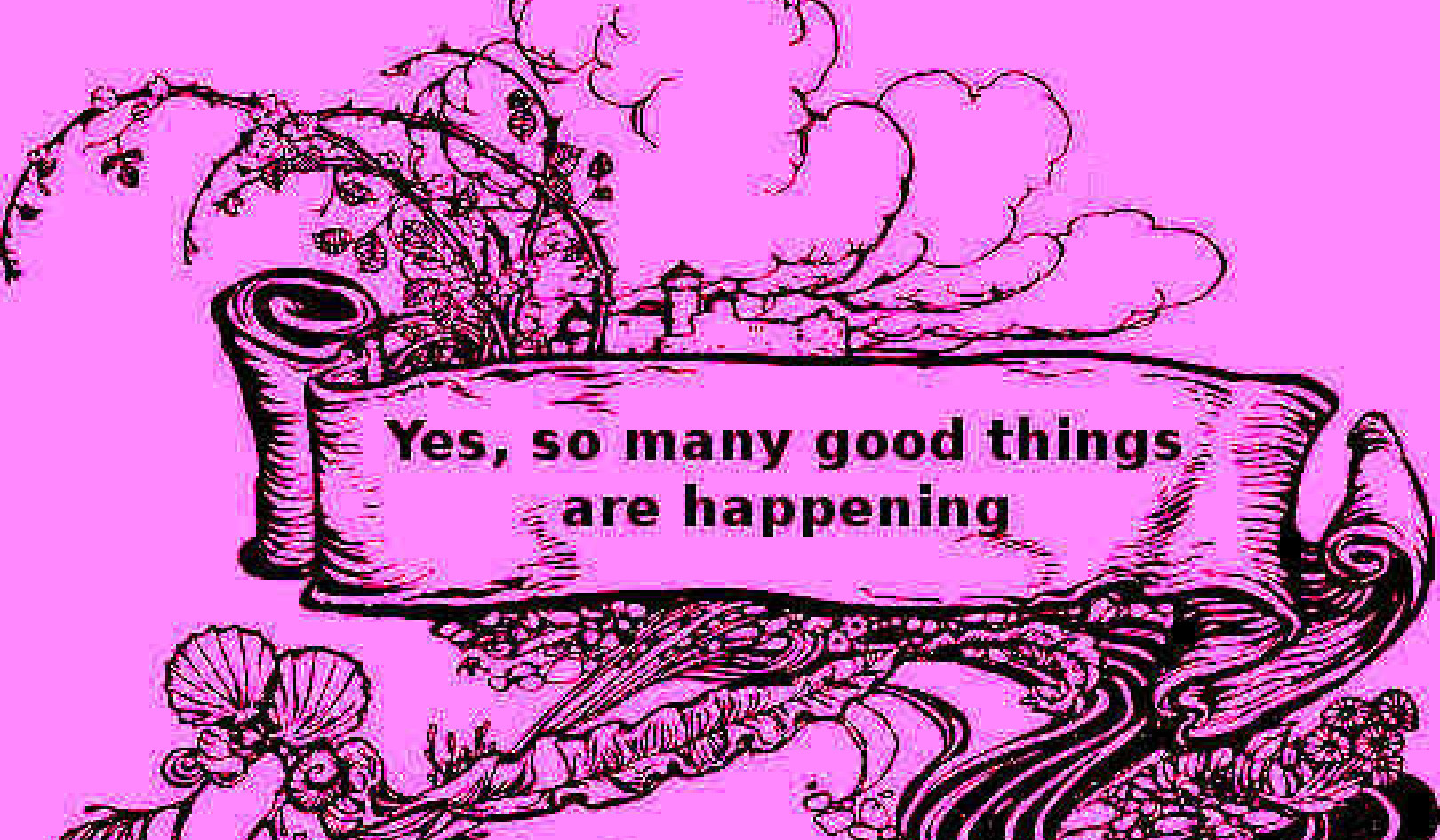
Our brains use more oxygen when performing more challenging tasks. This is Engineering/Pexels
After a long day of work or study, your brain might feel like it has been drained of energy. But does our brain burn more energy when engaging in mental athletics than it does during other activities, such as watching TV?
To answer this question, we have to look at the engine room of our brain: the nerve cells. The main energy currency of our brain cells is a molecule called adenosine triphosphate (or ATP), which our body makes from sugar and oxygen.
Tracing brain energy consumption can be done using both sugar and oxygen, but oxygen is the more accessible option.
Tracing oxygen consumption, the brain accounts for about 20% of the body’s energy consumption, despite only representing 2% of its weight.
That’s around 0.3 kilowatt hours (kWh) per day for an average adult, more than 100 times what the typical smartphone requires daily. And it’s equivalent to 260 calories or 1,088 kilojoules (kJ) a day (an average adult’s total energy intake is around 8,700 kJ a day).
How do we know?
In 2012, British neuroscientist David Attwell and colleagues measured oxygen consumption in slices of rat brains.
They determined that while 25% of energy needs are used for housekeeping activities, like maintenance of cell walls, the bulk 75% is used for information processing, such as computing and transmitting neural signals.
We can’t measure brain energy consumption in humans in this way, but we can follow the oxygen, as increased brain activity requires more oxygen.
One approach to measuring our bodies’ oxygen consumption changes is to measure CO? levels via a capnography device (where air goes into a tube). This requires participants to wear a mask but is otherwise non-invasive.
Research indeed shows increased mental load (such as performing mental arithmetic, reasoning, or multitasking) is linked to increased oxygen consumption (measured via CO? release).
However, the increased oxygen consumption could also be due to the whole body reacting to an emotional, stressful situation and not reflecting actual changes in brain activity.
Can we measure oxygen use just in the brain?
It’s complicated. Increased brain activity triggers an increased supply of oxygen-rich blood. That extra supply of oxygen-rich blood is region specific and can be (literally) channelled with micrometre precision to active neurons.
Since blood and its oxygen are weakly attracted by magnetic fields, we can use MRI (magnetic resonance imaging), a radiation-free tool, to obtain an, albeit indirect, measure of brain activity.
But unfortunately, we can’t use MRI to tell us how much energy our brain uses for different mental activities. MRI studies can only identify relative differences in brain activity and energy consumption rather than absolute values.
This makes sense, however, given that our brain is always on and therefore always has energy needs. Even in moments, we might casually consider idle-mind states, we still process vast amounts of information.
First, there is the ever-present sensory input: we typically don’t spend our day in a dark floatation tank.
Second, our mental activity, even in a seemingly task-less state, will bounce from us reminiscing about past events and planning our future.
Last, there are our emotions, which, even when subtle (such as feelings of serenity or uncertainty), are the products of brain activity and therefore come with an ongoing energy cost.
So, how much does brain activity increase?
Let’s take something simple, such as paying attention. MRI studies have shown attentively monitoring moving objects compared to passively watching them increases brain activity in our visual cortex by around 1%.
This doesn’t seem very much, especially considering that the occipital lobe, which houses the visual cortex (which makes sense of what we see), only makes up about 18% of our brain mass.
But interestingly, processing visual information leads to a reduction of activity in auditory areas, meaning we spend less energy processing the sounds in our environment. This works the other way around as well: when we attend to auditory information, we reduce our visual processing activity.
On a whole-brain level, the cost of attention to a visual stimulus is probably already offset by savings in auditory processing.

Our brain makes trade-offs when we focus on different things. Shutterstock
So, in a nutshell, research tells us mental activity is indeed related to increased energy consumption. Still, the increase is minimal, region-specific and often offset by energy decreases in other areas.
Then why do we feel exhausted after too much mental activity?
It’s likely a result of mental stress. Complex mental tasks are typically also emotionally challenging and lead to increased activation of our sympathetic nervous system, ultimately leading to mental and physical fatigue.
The good news is we don’t have to worry that too much mental activity will drain our brain energy. But it’s still a good idea to pace yourself to avoid mental overload, stress and fatigue.![]()
About The Author
Oliver Baumann, Assistant Professor, School of Psychology, Bond University
This article is republished from The Conversation under a Creative Commons license. Read the original article.
Books on Improving Performance from Amazon's Best Sellers list
"Peak: Secrets from the New Science of Expertise"
by Anders Ericsson and Robert Pool
In this book, the authors draw on their research in the field of expertise to provide insights into how anyone can improve their performance in any area of life. The book offers practical strategies for developing skills and achieving mastery, with a focus on deliberate practice and feedback.
Click for more info or to order
"Atomic Habits: An Easy & Proven Way to Build Good Habits & Break Bad Ones"
by James Clear
This book offers practical strategies for building good habits and breaking bad ones, with a focus on small changes that can lead to big results. The book draws on scientific research and real-world examples to provide actionable advice for anyone looking to improve their habits and achieve success.
Click for more info or to order
"Mindset: The New Psychology of Success"
by Carol S. Dweck
In this book, Carol Dweck explores the concept of mindset and how it can impact our performance and success in life. The book offers insights into the difference between a fixed mindset and a growth mindset, and provides practical strategies for developing a growth mindset and achieving greater success.
Click for more info or to order
"The Power of Habit: Why We Do What We Do in Life and Business"
by Charles Duhigg
In this book, Charles Duhigg explores the science behind habit formation and how it can be used to improve our performance in all areas of life. The book offers practical strategies for developing good habits, breaking bad ones, and creating lasting change.
Click for more info or to order
"Smarter Faster Better: The Secrets of Being Productive in Life and Business"
by Charles Duhigg
In this book, Charles Duhigg explores the science of productivity and how it can be used to improve our performance in all areas of life. The book draws on real-world examples and research to provide practical advice for achieving greater productivity and success.























